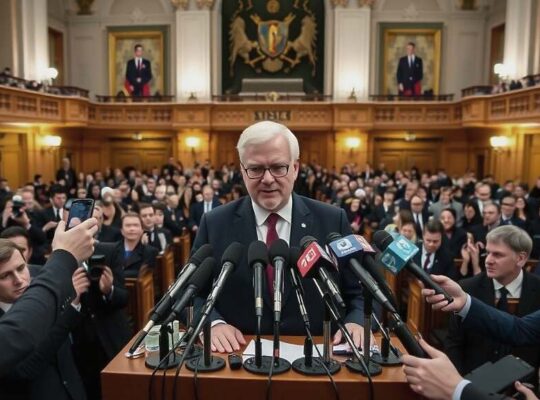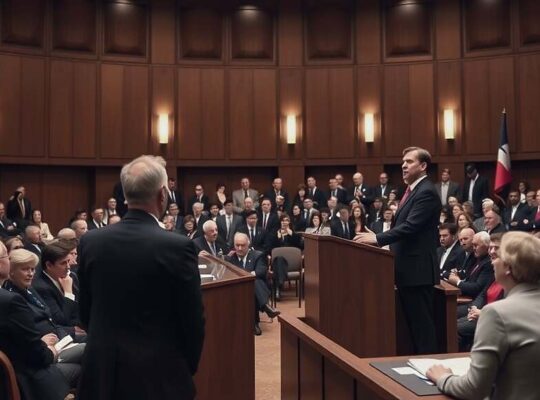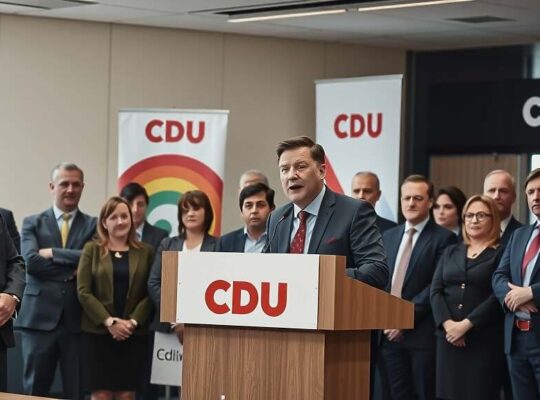Sharp condemnation has erupted within Germany’s two largest political parties, the CDU and SPD, following controversial remarks by the Minister-President of Saxony, Michael Kretschmer, suggesting a potential future return to Russian energy supplies. The statements have ignited a fierce debate about Germany’s commitment to sanctions against Russia and the potential for fueling the Kremlin’s aggression.
Sebastian Roloff, the SPD’s parliamentary spokesperson for economic policy, delivered a blistering critique, directly challenging CDU leader Friedrich Merz to publicly denounce Kretschmer’s perspective. “It is absolutely unacceptable, in the current situation where Russia is not only attacking Ukraine daily but also threatening other countries in Europe, to even contemplate supporting this aggressive behavior through gas purchases” Roloff stated in an interview with “Handelsblatt”. He expressed confidence in a unified governmental stance, emphasizing the need for Chancellor Merz to unequivocally communicate this position.
Concerns are also being raised about the political ramifications of Kretschmer’s comments. Dennis Radtke, leader of the CDU’s labor faction, accused the Saxon Minister-President of potentially bolstering the narratives of far-right parties such as the AfD and BSW (Basisverband Solidarische Deutschland). “I cannot understand why, without justification or prospect of feasibility, narratives from the AfD and BSW are being adopted and legitimized” Radtke told “Handelsblatt”, highlighting the tragic cost of the ongoing conflict in Ukraine.
The debate has further escalated with SPD interior policy expert Sebastian Fiedler directly linking Kretschmer’s suggestions to the broader threat posed by Putin’s hybrid warfare tactics. Fiedler underscored the perceived alignment of the AfD with Russia’s actions, warning that entertaining the prospect of Russian energy imports, “from a country led by a war criminal” demonstrated either a profound lack of understanding of the geopolitical reality, reckless endangerment, or a lack of sound judgment. The controversy underscores the fragile political consensus surrounding Germany’s energy policy and the potential for internal divisions to exacerbate the ongoing crisis.












